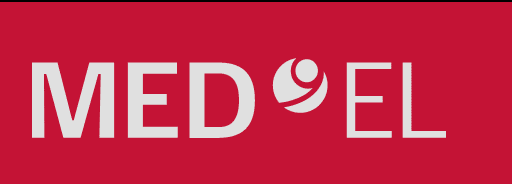Hearing implant developer MED-EL has announced a collaboration with Microsoft to improve global communication technologies for people with hearing loss. Bringing together the two companies’ unique expertise in the fields of hearing loss and technology, the multi-year collaboration will help develop accessibility tools and communication technologies designed to be used by people who hear with the aid of hearing devices such as cochlear implants.
“Microsoft is an enthusiastic supporter of our vision to remove hearing loss as a barrier to communication and quality of life, which is why we are so excited to join forces,” said Dr. Ingeborg Hochmair, CEO of MED-EL. “By combining the resources, skills and existing technologies of both companies, we can achieve a new standard of accessibility for people living with hearing loss, the hundreds of thousands of people who use our implants, and the network of people who surround them.”
Further reading: MED-EL releases S-Vector magnet for SYNCHRONY 2
“Our partnership with MED-EL shows how technology can contribute to an accessible world where everyone can fully engage and participate in life,” said Hermann Erlach, general manager, Microsoft Austria. “At Microsoft, we are committed to this cause because diversity and inclusion are at the heart of our mission to empower every person and every organization on the planet to achieve more. We are proud to work with MED-EL to overcome barriers for deaf people around the world.”
Empowering children with hearing impairments
To mark the launch of this exciting new collaboration, Microsoft has become an official technology partner of IDEASforEARS, MED-EL’s global invention competition for children.
The competition challenges children aged 6 to 12 to discover the innovator within themselves and create a new product that will improve the lives of people affected by hearing loss. This year’s 14 competition winners will travel to Innsbruck, Austria, where MED-EL is headquartered, to celebrate their success.
The event, which will take place in June 2024, will see Microsoft technology play a key role in facilitating communication between young inventors who speak many different languages and are hearing impaired, using devices such as cochlear implants, middle-ear implants and bone conduction solutions.
With the support of Microsoft tablets and software, children will be able to communicate in their own language through live translation technology, access important event information, use gamification to interact during events and post updates about their family’s stay in Innsbruck.

